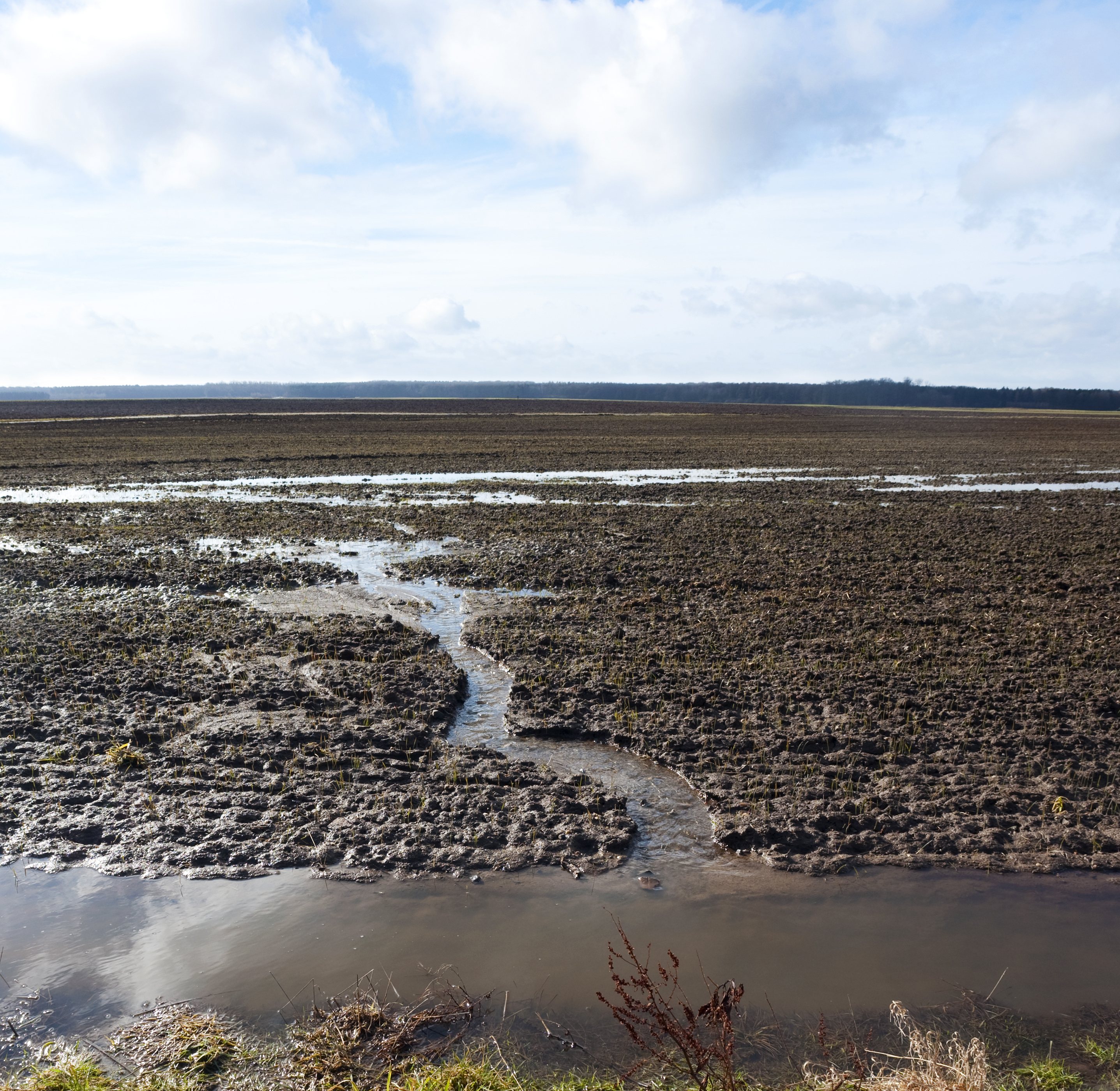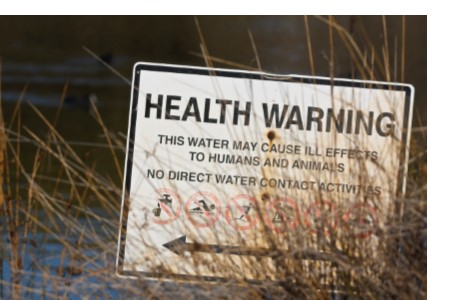- Home
- Who We Are
- Advocacy
- Stormwater Basics
- BMP Maintenance
- BMP Systems
- BMP Fact Sheets
- BMP Suppliers
- Biofiltration Soils
- Catch Basin Insert
- Construction Site BMP
- Debris Separator
- BMP Maintenance Suppliers
- Flow Restrictor and Regulator
- Hydrodynamic Separator
- Modular Dentention and Retention Systems
- Oil Water Separator
- Permeable Pavers and Permeable Asphalt Products
- Pretreatment Devices
- Rain Water Harvesting
- Spill Control and Containment Systems
- Stormwater Filtration System
- Stormwater Trash Debris Netting
- Tree Box Filter
- Stormwater Science
Why is Stormwater an Issue?Stormwater is of concern for two main reasons: one related to the volume and timing of runoff (threat of flooding) and the other related to the potential contaminants that the water is carrying. Stormwater can pick up and convey sediment, trash, debris, chemicals, nutrients, metals and other pollutants that flow into a storm sewer system or directly to a lake, stream, river, wetland or coastal water. Stormwater that is not properly treated discharges into the water bodies used for swimming, fishing and drinking water. Some of the most common pollutants of concern conveyed in untreated stormwater runoff are: Sediment - Sediments can cloud the water bodies and make it difficult or impossible for aquatic plants to grow. Sediment also can destroy aquatic habitats. Excess nutrients - Nutrients can cause algal blooms. When algae die, they sink to the bottom and decompose in a process that removes oxygen from the water. Fish and other aquatic organisms can't exist in water with low dissolved oxygen levels. Bacteria and other pathogens - Bacteria can wash into swimming areas and create health hazards, often making beach closures necessary. Heavy metals - Metals that originate from vehicle tires and metal roofs, such as copper and zinc, are conveyed in stormwater runoff to rivers and streams, where they can eventually become concentrated enough to disrupt aquatic ecosystems.
Household hazardous wastes - Insecticides, pesticides, paint, solvents, used motor oil and other auto fluids can poison aquatic life. Land animals and people can become sick from eating diseased fish and shellfish or ingesting polluted water.
|


 Trash & debris - Trash and debris such as plastic bags, six-pack rings, bottles and cigarette butts washed into water bodies can choke suffocate, or disable aquatic life like ducks, fish, turtles and birds.
Trash & debris - Trash and debris such as plastic bags, six-pack rings, bottles and cigarette butts washed into water bodies can choke suffocate, or disable aquatic life like ducks, fish, turtles and birds.